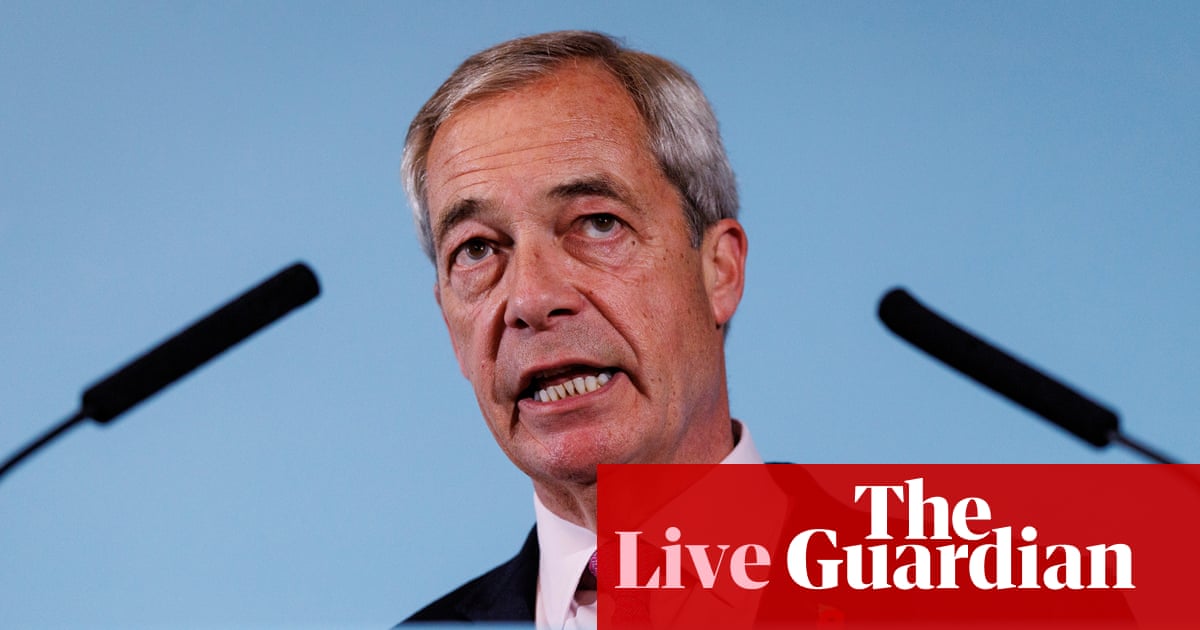One in three GPs in England do not work in the NHS, with increasing numbers seeking to move abroad or becoming a private contractor, deepening patients’ difficulties in getting appointments.
The proportion of family doctors who, although qualified, do not provide care through the NHS has risen from 27% in 2015 to 34% last year, according to a study published in the BMJ.
That means almost 20,000 GPs who could be working in the health service are “lost” to it and are not doing so, despite unprecedented demand for care and many government initiatives to try to increase GP numbers.
While a total of 58,548 GPs in England were on the General Medical Council (GMC) register at the end of last year, only 38,626 of them were in general practice there – a difference of 19,922.
The Patients Association said the findings were “deeply distressing” for patients who are often left frustrated by the time it takes to get a consultation with a GP.
GPs’ heavy workloads, increasing demands from patients they are facing and widespread frustration that they have too little time to care for patients properly are behind burnout among family doctors that is fuelling their increasing dropout from the NHS, the researchers say.
“While there is a welcome rise in GP numbers on paper, this report that one in three GPs are not working in the NHS is deeply distressing for the patients who already experience frustration and anxiety when trying to access a GP appointment.
“Long waits, fragmented care and delayed diagnoses are putting people’s health at risk”, said Rachel Power, the Patients Association’s chief executive.
The intense pressures of family doctoring means many newly qualified GPs do not join the NHS after their training ends or quit general practice early in their careers, according to the researchers, who were led by Luisa Pettigrew of the London School of Hygiene and Tropical Medicine.
The financial cost of GPs leaving the NHS is enormous. Each fully qualified GP costs £430,540 to train during the years of their undergraduate and postgraduate education, the researchers say.
The study says: “The gap between GMC-licensed and NHS general practice GPs in 2024 represented an estimated £8.6bn investment in training by headcount and £13.1bn by full-time equivalent GPs lost from NHS general practice, although this figure will be less for the UK after adjusting for [the presence of] international medical graduates.”
The findings tally with research published last month by the GMC, which regulates doctors in the UK. It has found big increases over recent years in the number of GPs planning to either move abroad, work privately or leave the medical profession altogether.
For example, the proportion of GPs across the UK who said they were likely to move abroad to practice medicine more than doubled from 10% in 2020 to 21% last year.
Similarly, the percentage who said they were likely to either start working privately or increase the amount of time they spent working as a private GP rose from 23% in 2019 to 29% in 2024 – more than the trend among doctors overall, of whom 23% said they were planning that switch.
And the proportion who have taken “hard steps” to leave the UK medical profession completely, such as contacting a recruiter, applying for non-clinical roles or begun moves to retire, soared from 4% in 2019 to 15% in 2024.
Female GPs, especially those aged 30-49, younger GPs and those in London and the south-east are most likely to quit, the study of official NHS workforce data found.
Deepening GP disengagement from the NHS threatens the government’s plans to move a lot of care out of hospitals into the community and create new “neighbourhood health services”, the researcher added.
Prof Kamila Hawthorne, the chair of the Royal College of GPs, said the findings reflected the fact that, despite record numbers of newly-qualified doctors starting GP training in England in recent years, the NHS’s inability to retain family doctors meant that new recruits were “pouring into a leaking bucket”.
Wes Streeting, the health secretary, should focus more on helping to improve retention of GPs in the NHS than on expanding their numbers through his forthcoming revamp of the NHS’s long term workforce plan, she said.
The Department of Health and Social Care did not comment directly on the findings.
“We are making progress to reverse more than a decade of neglect in primary care , recruiting more than 2,000 extra GPs in the past year, delivering a record £1bn boost and funding vital upgrades to surgeries, as well as cutting red tape so doctors can spend more time caring for patients.
“July 2025 saw the highest ever headcount of fully qualified GPs and patient satisfaction with GP services is rising.”

.png) 1 month ago
42
1 month ago
42

















































